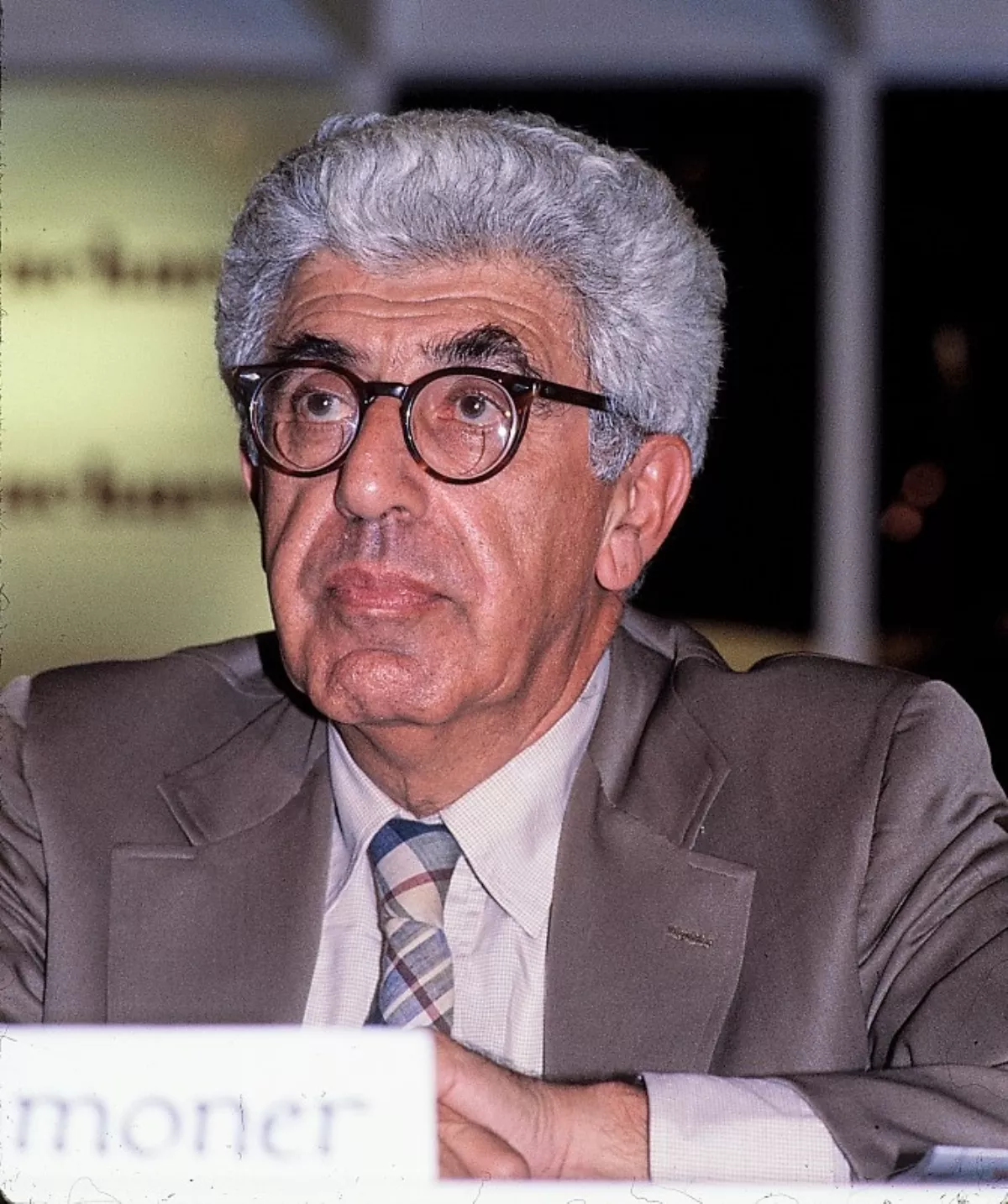 1.
1. Barry Commoner was an American cellular biologist, college professor, and politician.

 1.
1. Barry Commoner was an American cellular biologist, college professor, and politician.
Barry Commoner was a leading ecologist and among the founders of the modern environmental movement.
Barry Commoner was the director of the Center for Biology of Natural Systems and its Critical Genetics Project.
Barry Commoner ran as the Citizens Party candidate in the 1980 US presidential election.
Barry Commoner's work studying the radioactive fallout from nuclear weapons testing led to the Nuclear Test Ban Treaty of 1963.
Barry Commoner received his bachelor's degree in zoology from Columbia University in 1937 and his master's and doctoral degrees from Harvard University in 1938 and 1941, respectively.
Barry Commoner became a professor of plant physiology at Washington University in St Louis in 1947 and taught there for 34 years.
Barry Commoner was on the founding editorial board of the Journal of Theoretical Biology in 1961.
Barry Commoner suggested a left-wing, eco-socialist response to the limits to growth thesis, postulating that capitalist technologies were chiefly responsible for environmental degradation, as opposed to population pressures.
Barry Commoner believed that technological, and above all, social, development would lead to a natural decrease in both population growth and environmental damage.
One of Barry Commoner's lasting legacies is his four laws of ecology, as written in The Closing Circle in 1971.
Barry Commoner published another bestseller in 1976, The Poverty of Power.
Towards the book's end, Barry Commoner suggested that the problem of the three e's is caused by the capitalistic system and can only be solved by replacing it with some sort of socialism.
In 1990, Barry Commoner published Making Peace With the Planet, an analysis of the ongoing environmental crisis in which he argues that the way we produce goods needs to be reconstrued.
Barry Commoner examined the relationship between poverty and population growth, disagreeing with the way that relationship is often formulated.
Barry Commoner argued that rapid population growth of the developing world is the result of it not having adequate living standards, observing that it is poverty that "initiates the rise in population" before leveling off, not the other way around.
Barry Commoner maintained that developing countries are still "forgotten" to colonialism.
Barry Commoner's solution is that wealthier nations need to help exploited or colonized countries develop and "achieve the level of welfare" that developed nations have.
Barry Commoner's conclusion is that poverty is the main cause of the population crisis.
In September 2000, a study published by the North American Commission on Environmental Cooperation, led by Barry Commoner, found that Inuit women in the Arctic in Nunavut, Canada were found to have high levels of dioxins in their breast milk.
Barry Commoner was a recipient of the 2002 Joe A Callaway Award for Civic Courage.
The publications of Barry Commoner are considered influential in the decision of the Nixon administration in the following June to announce the formation of the Environmental Protection Agency and the Clean Air Act of 1970.
In 1969, Barry Commoner was one of the founders of the Missouri Coalition for the Environment, an independent citizens environmental advocacy organization.
In 1980, Barry Commoner founded the Citizens Party to serve as a vehicle for his ecological message, and he ran for president of the United States in the 1980 US election.
Barry Commoner's vice presidential running mate was La Donna Harris, the Native-American wife of Fred Harris, a former Democratic senator from Oklahoma, although she was replaced on the ballot in Ohio by Wretha Hanson.
At the time of his death, Barry Commoner was a senior scientist at Queens College.
Barry Commoner died on September 30,2012, in Manhattan, New York.